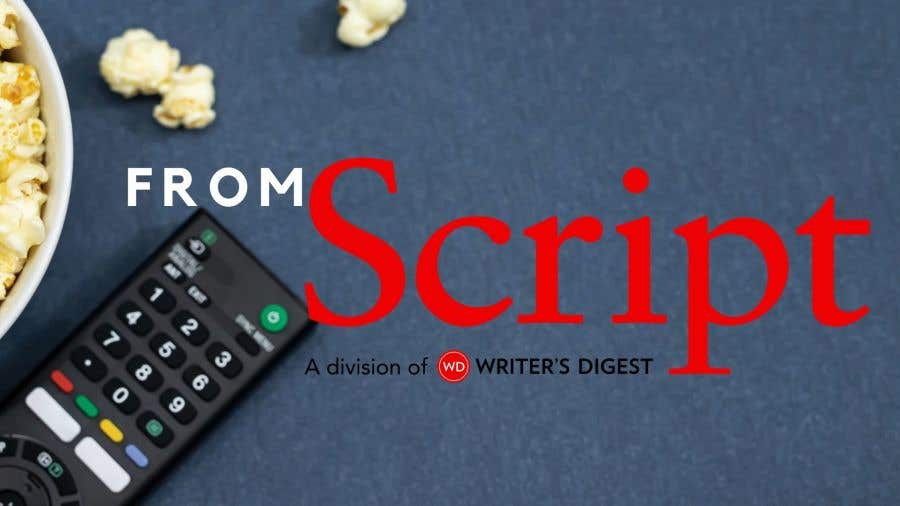DEI Resources for Writers, Editors, and Agents, and More
Managing Editor Moriah Richard explains the importance of maintaining a focus on diversity, equity, and inclusion in publishing and provides resources.
Let’s get this out of the way: I’m not here to debate politics.
It’s simply a fact that publishing is an ecosystem and that disruptions in the ecosystem affect all of us, whether you’re an aspiring author, a bestseller, an editor, an agent, or a publisher. With the new administration targeting DEI initiatives across the board, now more than ever, we need to continue fighting for representation at every single level of our industry. When we lift one group up, we all rise.
What is DEI?
If you’re not familiar with the term, DEI stands for diversity, equity, and inclusion. At it’s most base, this is DEI means according to Merriam-Webster:
“1: a set of values and related policies and practices focused on establishing a group culture of equitable and inclusive treatment and on attracting and retaining a diverse group of participants, including people who have historically been excluded or discriminated against.
2: the state of having a diverse group of participants as well as policies and norms that are equitable and inclusive.”
Essentially, DEI programs are focused on making sure that as many people as possible can feel seen, heard, and respected, regardless of their race, ethnicity, sexuality, gender identity, religion, disability, etc. When these programs are in place, they uplift the historically marginalized, but they also do things like protect straight, cis-gendered women from harassment and discrimination.
Everyone benefits from DEI initiatives. Full stop.
Importance to Publishing
In the last few years, we’ve seen an explosion of conversation around diversity in publishing, from the statistics of white authors being published and marketed at higher rates than non-white authors to authors releasing information about the advances that they were offered by publishers.
At its base level, publishing needs diversity in order to survive. People get tired of reading the same story, seeing the same faces, looking at the same tropes. By reading works by authors who don’t share the same identity as yourself, you open your creative world to new and dynamic ideas, story structures, conversations, and characters. It makes you look at yourself and your writing in a new, exciting light. You find ways to enhance your authorial voice, discuss difficult topics and themes, and create memorable characters. It’s why we have a course at Writer’s Digest University called Read Like a Writer; there’s a lot to learn by studying the works of others!
The way we get this diversity is by giving all authors a fair chance at having their work published and marketed so that they find their audience and have the chance to keep writing and publishing.
But it’s an enormous task that will not—cannot—happen overnight. It’s a process that we need to take on one step at a time.
Resources for Getting Started
There are a ton of great resources out there for writers and other industry professionals, but I know it’s overwhelming. If you don’t know where to start, I encourage you to check out some of these resources. They can get you started thinking about how you can effect change in our industry, and how you can become a great literary citizen, uplifting others and keeping our ecosystem alive and healthy.
Language Guides
These kinds of guides are helpful to get you thinking critically about the language you use and how it can possibly affect your work. Here are some of my go-to’s:
- Conscious Style Guide
- Disability Language Style Guide
- The Diversity Style Guide
- The Trans Journalists Association’s Stylebook and Coverage Guide
Networking
These networking sites are helpful for those who are seeking mentorship, connection, and resources within a specific community.
- Latinx in Publishing
- People of Color in Publishing
- Equity Directory
- Disability in Publishing
- We Need Diverse Books
- Indigenous Journalists Association
- National Association of Black Journalists
- National Association of Hispanic Journalists
- Crime Writers of Color
Databases
These databases are wonderful resources for people who are looking to hire editors and writers.
Change starts on the individual level. It’s up to us to create a healthy, harmonious writing and publishing ecosystem. Hopefully these resources give you a jumping-off point to develop your literary citizenship!
Since obtaining her MFA in fiction, Moriah Richard has worked with over 100 authors to help them achieve their publication dreams. As the managing editor of Writer’s Digest magazine, she spearheads the world-building column Building Better Worlds, a 2023 Eddie & Ozzie Award winner. She also runs the Flash Fiction February Challenge on the WD blog, encouraging writers to pen one microstory a day over the course of the month and share their work with other participants. As a reader, Moriah is most interested in horror, fantasy, and romance, although she will read just about anything with a great hook.
Learn more about Moriah on her personal website.








